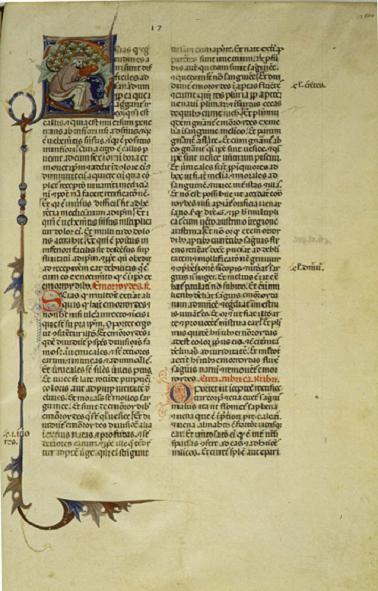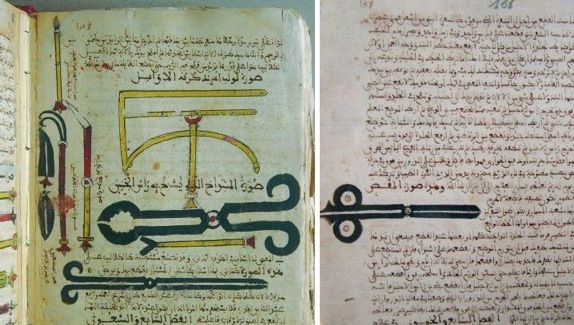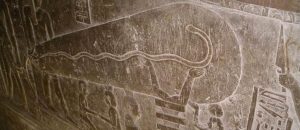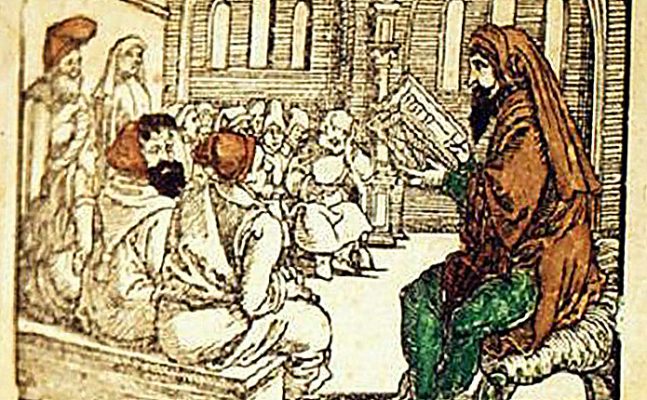
Calendars
One sign of an advanced civilization is the development of a calendar system. The ancient Egyptians developed their calendar more than 5,000 years ago. It initially comprised a the 12-month lunar cycle separated into three, four-month seasons that coincide with the annual cycle of Nile River floods. However, the ancient Egyptians noticed these floods could […]

Ancient Egyptian Food and Drink
When we think of the Ancient Egyptians we rarely stop to think about their food and drink, yet their diet tells us much about their society and civilization. Egypt may be a hot arid land with vast stretches of shifting sand, yet the annual flooding of the river Nile created the Nile Valley, one of the most […]
Ancient Egyptian Technology
The ancient Egyptian concept of ma’at or harmony and balance in all things lay at the heart of their approach to technology. Harmony and balance could be maintained by overcoming life’s problems with human ingenuity through advances in technology. While those ancient Egyptians believed the gods gifted many great benefits to the Egyptians, an individual still had […]

Ancient Egyptian Medicine
Ancient Egyptian medical practises were so advanced that many of their procedures and observations were not eclipsed by western medicine for centuries following the fall of Rome. Both the ancient Greeks and Roman borrowed extensively from Egyptian medical expertise. Doctors in ancient Egypt were both male and female, made house calls, understood the importance of cleanliness in […]
Origins of Astrology: The Egyptian Legacy
In his first encyclical letter “Deus Caritas Est” (God is love), Pope Benedict wrote: “Everything has its origin in God’s love, everything is shaped by it, everything is directed towards it.” The equivalent of what Benedict says about what God’s love means to Christians was, for the ancient Egyptians, transformation. If there was one thing […]

Early Contacts
Early Contacts: Figure 3. Latin translation of Ibn Sina’s Canon of Medicine (Source) During the period when elements of this composite Arabian culture began to penetrate the Latin West, France was the seat of Latin civilisation, and its schools occupied the leading position in the cultural life of the Latin world. Englishmen were at the heart of this […]

by Salah Zaimeche
by Salah Zaimeche Tags: Nothing contrasts more the discrepancies in learning as the place of books. When Muslim libraries abounded with books, some containing even tens of thousands, and where students, scholars and any curious mind found a place, there was hardly anything of worth in any part of the Christian West, not just the British […]

A Word on the Islamic Impact in the Field
4. A Word on the Islamic Impact in the Field First, return must be made to Constable and the subject of Funduqs seen above. Once the Muslims had borrowed and transformed the institution, then, there happened the crucial shift: the West (and in this case Byzantium, too) borrowing from Islam that same item, and then drawing the […]

Ibn-Khaldun
Ibn-Khaldun Nearly four centuries would elapse after Al-Muqaddasi before Ibn-Khaldun enters the frame of Islamic scholarship to set up the foundations for our modern social, economic, historical and political sciences. There is no need to go into the life and works of Ibn Khaldun here; so much good quality material is available elsewhere, which is […]
Applied mechanics and engineering
3.2 Applied mechanics and engineering Abū Sadīra, Taha al-Sayid, 1991. Al-hiraf wa ‘l-sina’at fi misr al-islamiya mundhu al-fath al-‘arabi hata nihayat al-‘asr al-fatimi. Cairo: The Egyptian General Book Organization. Aiken, Jane Andrew 1994. “Truth in Images: From the Technical Drawings of Ibn al-Razzaz al-Jazari, Campanus of Novarra and Giovanni de Dondi to the Perspective Projection of Leon […]










